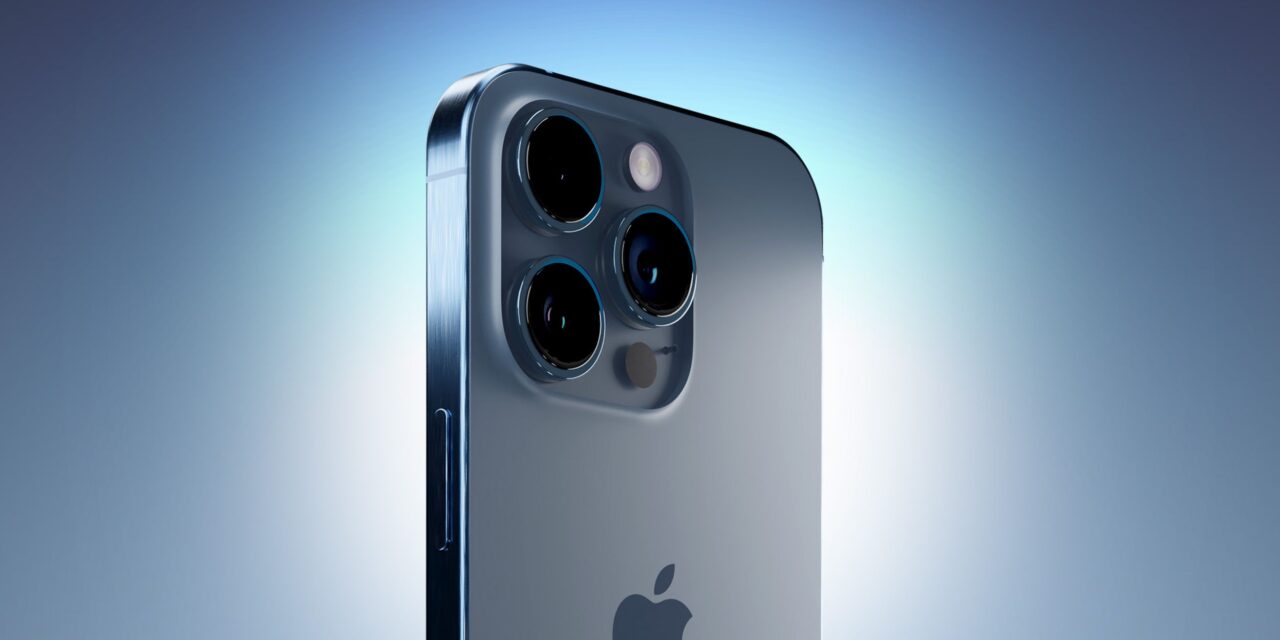
Apple no longer discloses exact iPhone sales, and that might be for the best.
New data suggests the company’s smartphone business suffered its worst decline in nearly three years over the 2018 holiday period. Apple still managed to be the second-best seller, however.
Apple warned us in early January that iPhone sales for the fourth quarter of 2018 wouldn’t live up to expectations. CEO Tim Cook blamed weak demand primarily on its struggles in China.
Now, thanks to new market research from Gartner, we have a more accurate picture of just how poor sales were.
iPhone sales slumped over the holidays
It is estimated that Apple sold 64.5 million iPhone units during Q4 2018, down from 73.1 million units during the same period in 2017. Samsung’s sales also fell from 74 million to 70 million units.
As a result of the decline, Apple’s market share fell from 17.9 percent in Q4 2017 to just 15.8 percent in late 2018. The worldwide smartphone market as a whole endured a disappointing end to the year, though Apple fared worse than most.
Apple still managed to secure second place after Samsung. Huawei and Oppo — which both enjoyed growth in the fourth quarter — took the third and fourth, respectively.
Expensive smartphones just aren’t selling
Other reports have blamed high prices and a lack of innovation for the decline in worldwide smartphone shipments, and Gartner’s data certainly corroborates that.
“Demand for entry-level and midprice smartphones remained strong across markets, but demand for high-end smartphones continued to slow in the fourth quarter of 2018,” explains Anshul Gupta, senior research director.
“Slowing incremental innovation at the high end, coupled with price increases, deterred replacement decisions for high-end smartphones.”
Thanks to those more affordable devices, the global smartphone market did enjoy a 1.2 percent increase in sales year-over-year, with a total of 1.6 billion units shipped.
Apple’s growth prospects are ‘limited’
The struggle may continue for Apple in 2019, Gupta warns.
“Apple has to deal not only with buyers delaying upgrades as they wait for more innovative smartphones, but it also continues to face compelling high-price and midprice smartphone alternatives from Chinese vendors.”
“Both these challenges limit Apple’s unit sales growth prospects,” Gupta said.
Cook has revealed that Apple is “rethinking” iPhone pricing outside of the United States. The company has already offered reductions in some markets, including China.
We’ll have to wait and see whether this makes any difference to iPhone prices when refreshed models arrive this fall.






Recent Comments